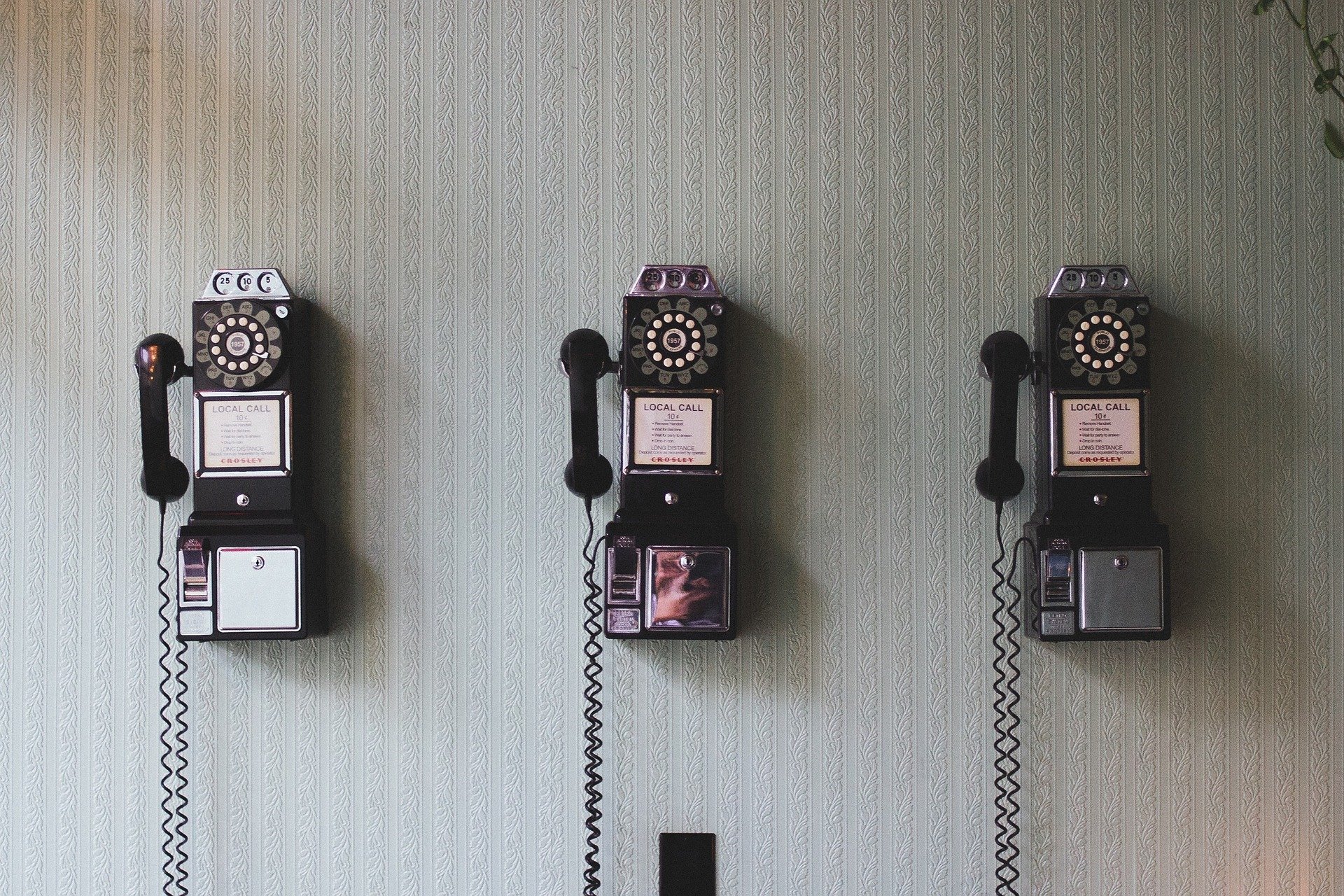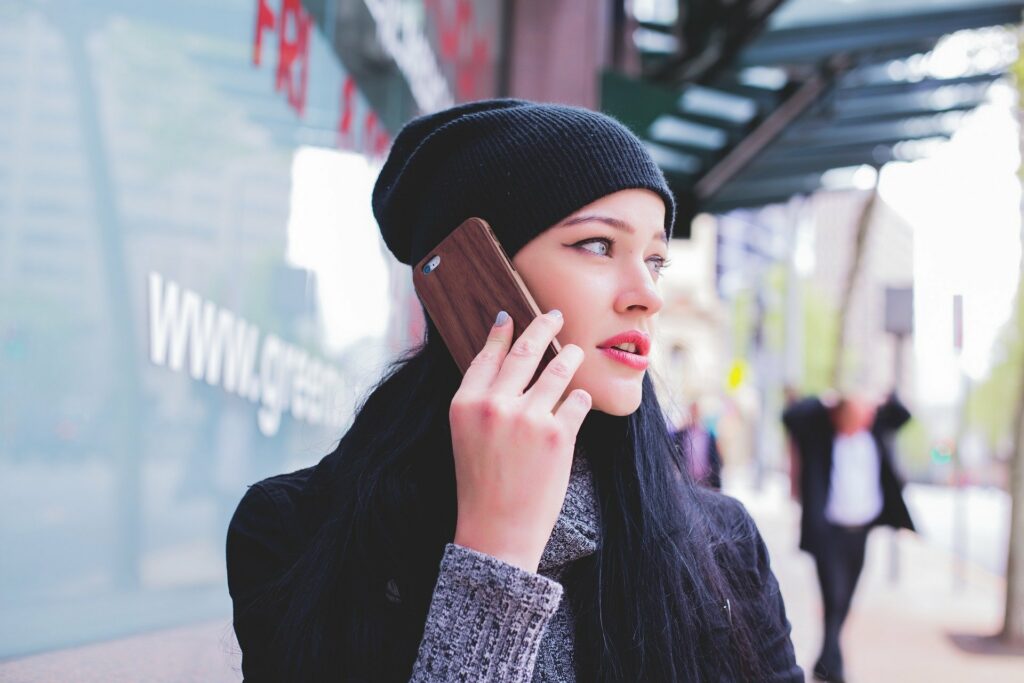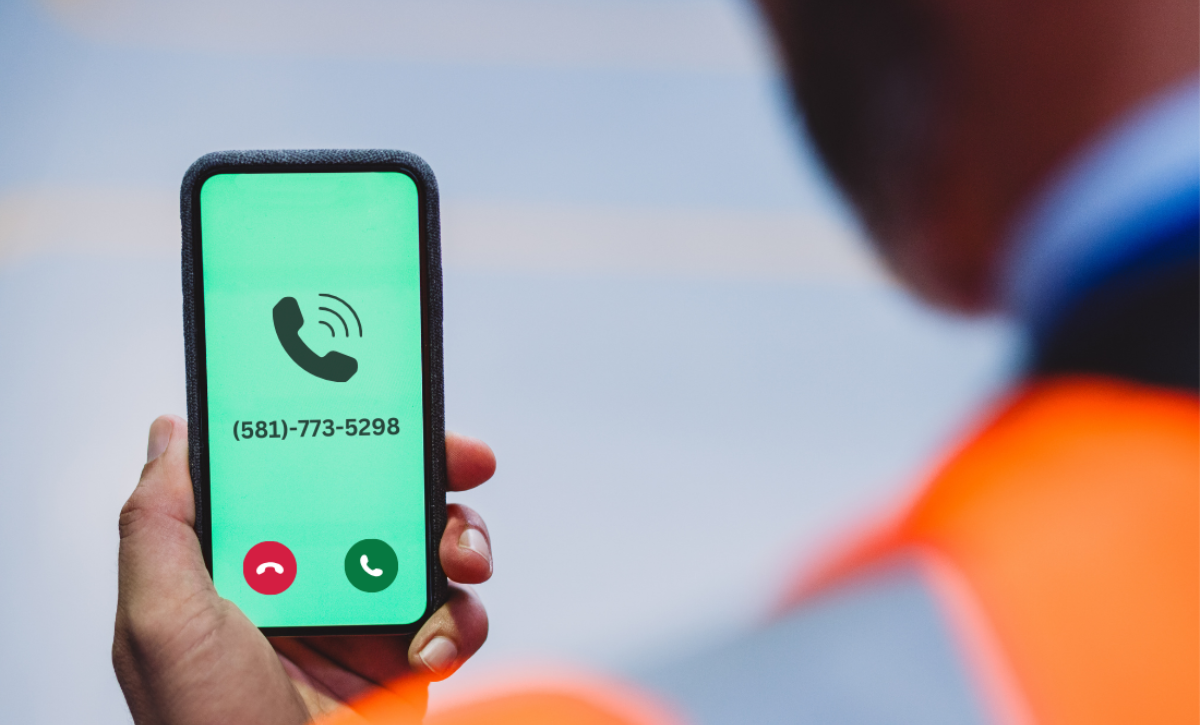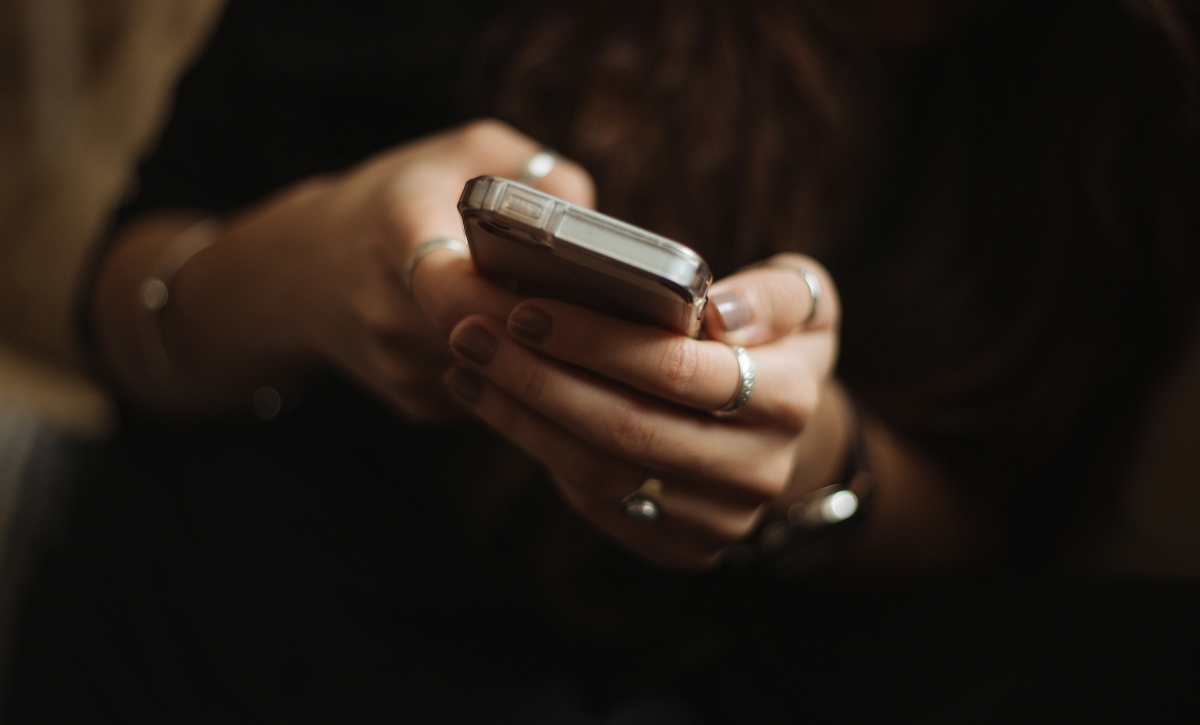April 24, 2020
What’s the Big Deal about Area Codes?

Area codes designate the geographic location of your telephone number. All phone numbers use area codes, including cell phone and landline numbers. But the big questions are: where do area codes come from? Do area codes matter? And do I still need to change my area code and phone number if I move?
For the answers to that, we’ll have to take a look back, at the history of the area code.
When did Area Codes start?
Area codes first came into use in the mid-20th century. Up until that point, calling was reliant on telephone operators. These switchboard operators (one of the first working roles outside the home that was primarily filled by young women) directed calls based on vocal instructions. So if you wanted to place a call, you didn’t just tell the operator who you wanted to call, you also told them where to find the person physically, AKA their address.
Some of these old-timey phone exchanges linger in the popular culture. On the 1950s show I Love Lucy, the Ricardo family’s phone number was given as “Murray Hill 5-9975.” Get it? Their address was within the Murray Hill phone exchange, and their number was 5-9975.
Numbers and letters in area codes?
If this seems like a confusing system, that’s because it was, at first. As telephones became more commonplace, the phone directories grew. By the 1950s, there were simply too many phone exchanges, and not enough human phone operators to serve them.
Rather than proceed with switchboard operators, a revolutionary idea was put into place. All-number dialling would be the way of the future. No more names or letters, only numbers would be used for future dialling. And existing phone numbers, like the Ricardo family’s fictional “Murray Hill 5-9975,” would have to be reformatted.
The North American Numbering Plan
Today’s area codes fall under the North American Numbering Plan, which standardized number dialing.
The North American Numbering Plan includes the United States and Canada, plus other US territories like Guam and Puerto Rico. Mexico, notably, does not adhere to the NANP.
International phone calls and area codes

For calls and texts within the United States, it’s necessary to enter the entire number you wish to contact area code, in almost every region.
This wasn’t always the case, but it’s become standard practice as more codes are introduced and overlaid over existing codes and 10-digit dialing has become standard.
If you’re calling a US phone number internationally, you do need the area code and the country code.
The US country code is +1. So, to call a US phone number from outside of the US, you’ll need to dial it in the format [country code] [area code] [local number]. In digits, that would look like this: +1 [3-digit area code] [7-digit local number].
Does my area code matter?
It might! Area codes are important for a variety of reasons.
They can confer a sense of nostalgia, if you have your hometown area code and take it with you to a new locale. It’s pretty common not to change area codes when you move; having to get a new local number is a thing of the past, along with landlines and dial-up internet.
Your local code might also be a status symbol. Some codes are coveted because they are rare and in short supply. New York 212, for instance, is the original Manhattan area code, and is regarded by some as a hallmark of belonging, a piece of virtual real estate.
Much like ZIP codes your phone number can imply ties to a prestigious (or impoverished) location. That’s why many people are thoughtful about the message their area code sends, and we’re not just talking about text messages. If you move to a new location, you may want to change your phone number, though it’s not necessary. A 2016 survey from Pew Research indicates that nearly half of adults American in urban areas have a cellphone number from somewhere else.
Can I have more than one area code?
Whichever area code you choose for your number, and whether that’s a main phone number or a secondary line with a service like Hushed, you’ll probably want to consider which area code matters to you. Luckily, Hushed allows you to have as many phone numbers as you like, so you can always claim numbers in a variety of area codes, if that solution suits you!


